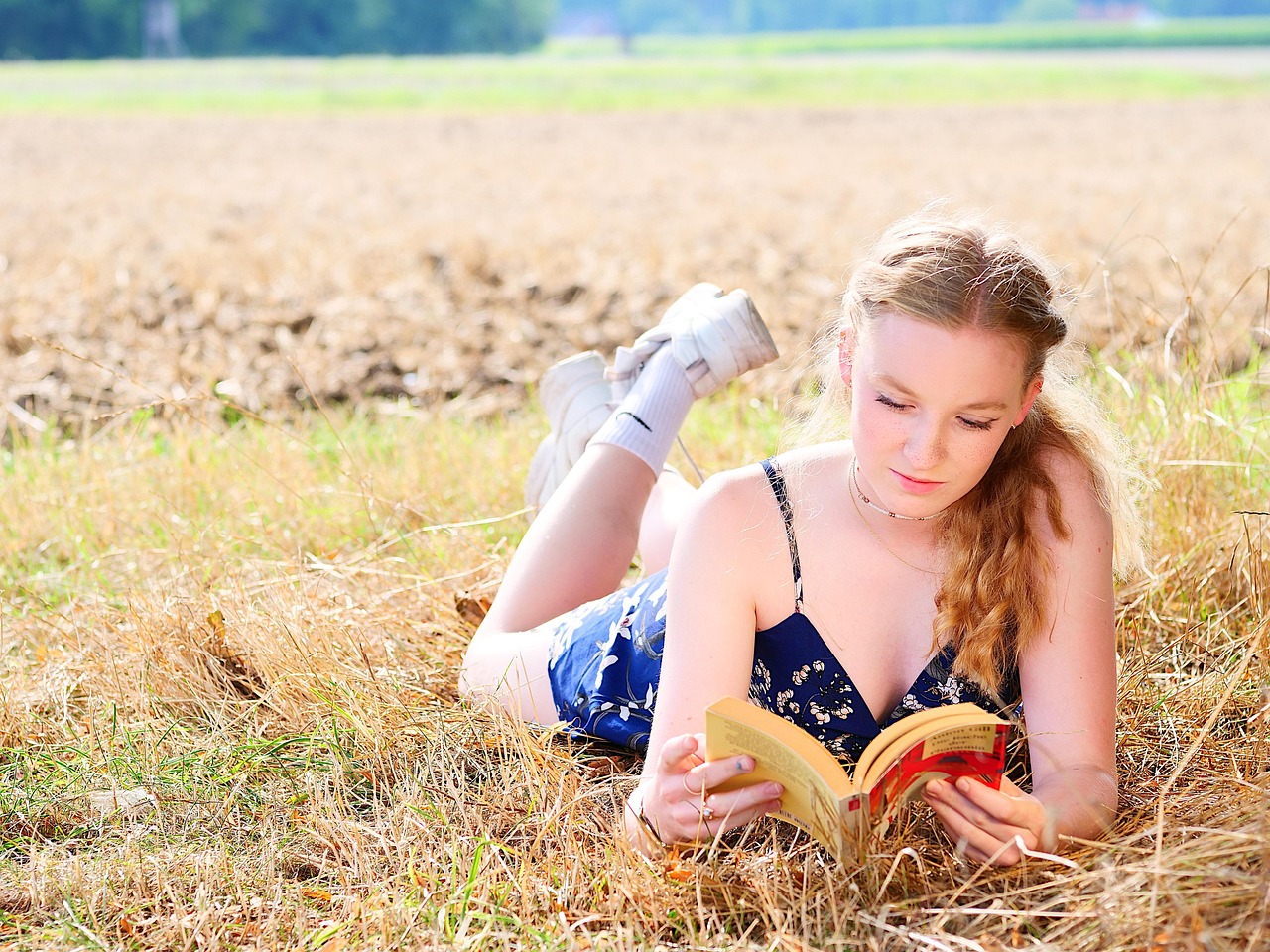The Australian Open is in full swing and it is the ideal time to read…
Do you remember when you first fell in love with libraries?
It’s hard to pinpoint when my love affair with libraries began. It might have been on my first visit, when I first cast my eyes on those rows upon rows of books. I was just a child, but I sensed this place was different to others. Or was it during my teen years, when the school library was a quiet oasis, away from social or academic pressures? Perhaps it was when I first took my children along with me to rhyme time, and saw in them the excitement that I had felt as a child. Needless to say, I am now head over heels.
After asking my colleagues last week to recount their fondest memories of libraries, I realised that I am far from alone. Almost all immediately launched into stories of childhood spent curled up with a book at the local library, of university years studying in domed reading rooms and of visiting some of the world’s grandest libraries. I was surprised by the varied reasons they gave for visiting, and loving, libraries.
One colleague said that she remembered visiting a library to learn English when she arrived in Australia from Italy as an 11-year- old. A kind librarian took her under her wing, introducing her to the world of English literature, including a beloved copy of The Wizard of Oz.
Another remembered studying at the State Library of Victoria, visiting during quiet times and seeking out a quiet nook in the Redmond Barry Reading Room. She was there for the sense of calm and the joy of being surrounded by the smell of books.
One colleague showed me pictures of the libraries she had visited on her travels to America, pointing out the grand architecture and the beautiful reading rooms within, while another spoke of the fun and familiarity of story time in the library during her primary school days.
Almost all spoke of the role certain libraries had played at a certain point in their lives with great passion (apart from one whose only memory of the school library was sneaking behind it to smoke).
There has been an ebb and flow in the importance libraries have played at different points in my own life.
I remember a childhood of feeling safe and calm in Mrs Gay’s story-time, hearing about the adventures of the Kangaroo Creek Gang, and excited by the opportunity to select a book from my primary school’s library to take home. I couldn’t believe there were so many books, and that I was allowed to choose my own.
Then there was the excitement of discovering the world of ‘grown up’ books in secondary school. I explored the frightening and hostile streets in the books of S.E. Hinton that seemed so foreign to me, and was fascinated by Harper Lee’s sense of morality in To Kill a Mockingbird. I was introduced to places and situations that I had never imagined; a departure from my own reality but within reach through fiction.
As a uni student, I reveled in the sense of purposefulness and studiousness of researching or writing in the libraries at RMIT and Melbourne University, or chatted to not-quite-so-studious friends in the library at Newman College.
For a while, when I started working full-time, libraries faded from my view. Occasionally, while shopping in Melbourne, I would wander into the State Library and peer up at the dome, but that was all.
More recently, as a new mother, I rekindled my relationship with libraries, and was surprised by how much they had changed. While quiet studiousness still had its place, I sat with my toddlers as they sang and cut colourful shapes out of cardboard. Workers plugged in their laptops and seniors learnt how to use the internet.
On overcast days during holidays down the coast, I drive my kids in to Geelong to visit its extraordinary, spaceship-like library and community hub. Here, there are dress ups and singing, a craft room and even an area for teens to play video games. It is a place where everyone is welcome, regardless of whether the last time they visited a library was a week or a decade ago.On Twitter, Matt Haig alluded to the welcoming nature of libraries when he wrote:
“Libraries aren’t just about books. They are almost the only public space we have left which don’t like our wallets more than us.”
To date, the comment has been retweeted 4,200 times. Clearly, many people agree with the sentiment, and value the role of libraries as public places where cash is irrelevant.
Celebrities have also spoken about the impact that libraries have made on their lives and careers – of times when libraries were central and influential.
Comedian Drew Carey attributed his start in comedy to time he spent in a library, “I used to go to the library all the time when I was kid. As a teenager, I got a book on how to write jokes at the library, and that, in turn, launched my comedy career.”, while Oprah Winfrey considered her library card to signify her American citizenship, “When I was a kid and the other kids were home watching “Leave it to Beaver,” my father and step-mother were marching me off to the library.”
People of all ages, for diverse reasons, and at different times of their lives, have found that libraries have fulfilled some kind of need, whether for a quiet space to disappear into a book, a community hub for concerts or children’s singalongs, or a centre for learning and support.
And while all the services, the facilities, the programs and the events are exciting and of great benefit to communities, the best part is that, at the heart of libraries, are books. Whether they are being read to boisterous toddlers or just a background to study or web surfing, their presence is as reassuring as that of the library itself.
I have no doubt that in the future, as my needs change and my children get older, I will find new ways of, and reasons for, loving libraries.




Comments (0)